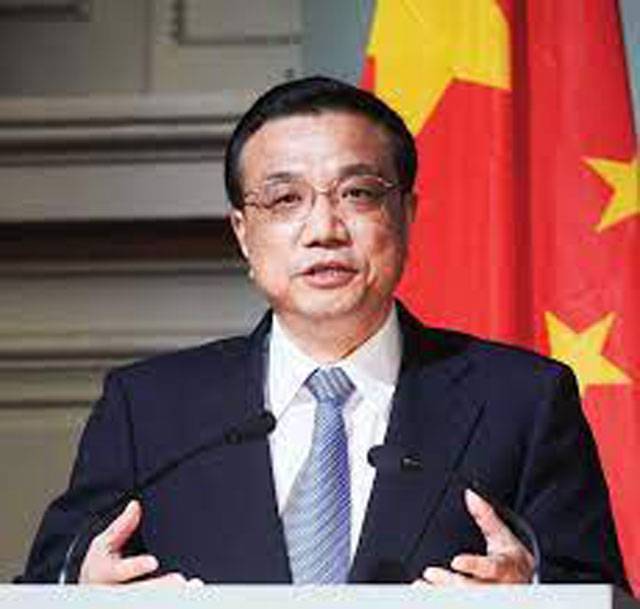BEIJING-Chinese Premier Li Keqiang has delivered a government work report to the opening meeting of the first session of “the 14th National People’s Congress, China’s national legislature” on Sunday morning at the Great Hall of the People in Beijing. Jinping and other Chinese leaders attended the opening meeting. China has set a gross domestic product (GDP) growth target of around 5 percent for 2023, Premier Li Keqiang said as he delivered a government work report, CGTN reported. The country set a target to create 12 million new jobs in urban areas, with a surveyed urban unemployment rate contained at around 5.5 percent. China surpassed its annual job creation target in 2022, and officials have stressed the importance of continuing an employment-first policy in 2023. On inflation, China aims to anchor consumer price growth at around 3 percent, with personal incomes generally keeping pace with the country’s national growth target. Premier Li Keqiang said it’s essential to prioritise economic stability and pursue progress while ensuring stability in 2023. China’s proactive fiscal policy will be more effective, and a deficit-to-GDP ratio of 3 percent is projected for the year. China’s policy of stabilising economic growth will support the real estate market and boost investment, said Tian Huifang, a senior research fellow at the Institute of World Economics and Politics of the Chinese Academy of Social Sciences. Tian added that the improvement in the labour market and excess savings would stimulate consumer demand.
As China welcomes a new central government leadership in 2023, Li stressed pushing forward several development priorities.
Expanding domestic demand was at the top of the list. Premier Li said that the income of residents should be boosted through multiple channels, and recovery in consumption and services should be promoted. He also noted policy incentives in driving private investment.
Li said China should accelerate the modernisation of the industrial system by speeding up research and development and the application of cutting-edge technologies. Regarding the digital economy, Li said that China should step up regular oversight and support the development of the platform economy.
Li also stressed “unswervingly” encouraging, supporting, and guiding the development of the non-public sector. He noted deepening the reform of state-owned capital and protecting the rights and interests of entrepreneurs in accordance with the law.
Premier Li also noted intensifying efforts to attract and utilise foreign investment. He said China should take active steps in acceding to high-standard economic and trade agreements, including the Comprehensive and Progressive Agreement for Trans-Pacific Partnership (CPTPP).
He also assured local foreign companies that China’s vast and open market would provide even greater opportunities for businesses around the world.
Li also referred to preventing economic and financial risks, stabilising grain output, continuing the transition to green development, and developing social programmes in his speech.
These goals and tasks are unified and coordinated, said Dong Shaopeng, a senior research fellow at the Chongyang Institute for Financial Studies, a think-tank of the Renmin University of China.
They aim to improve the quality of China’s economic growth and enhance people’s living standards, all of which contribute to the stable and healthy development of the global economy, he added.
Friday, April 19, 2024
China sets GDP growth target at around 5 percent for 2023

Faizabad commission report leaked, it should be made public now, suggests Abbasi
11:11 AM | April 19, 2024
MPCL makes new gas discovery in Sindh’s Marighazj formation
April 19, 2024
A Tense Neighbourhood
April 19, 2024
Dubai Underwater
April 19, 2024
X Debate Continues
April 19, 2024
Hepatitis Challenge
April 18, 2024
IMF Predictions
April 18, 2024
Kite tragedy
April 19, 2024
Discipline dilemma
April 19, 2024
Urgent plea
April 19, 2024
Justice denied
April 18, 2024
AI dilemmas unveiled
April 18, 2024
ePaper - Nawaiwaqt
Advertisement
Nawaiwaqt Group | Copyright © 2024





